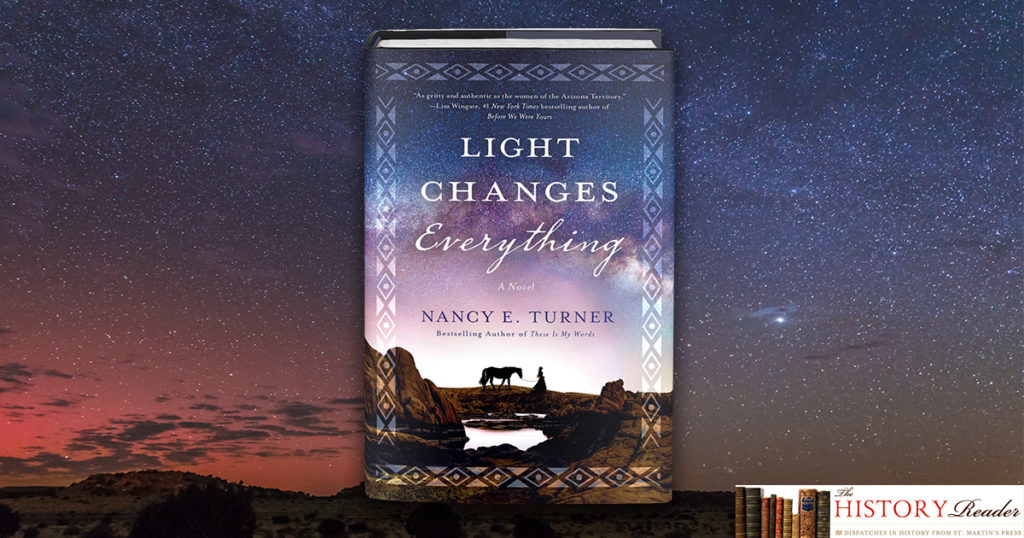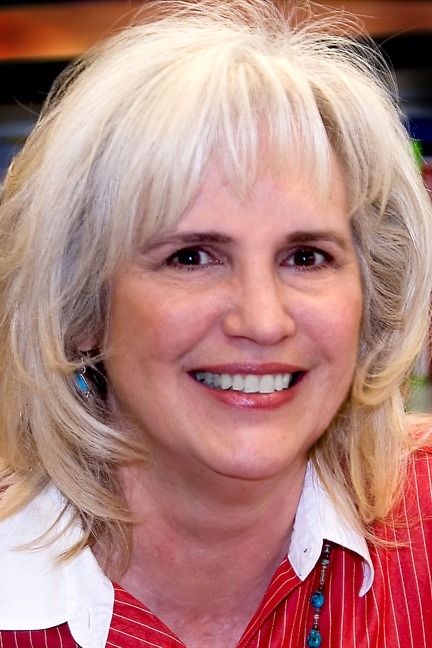When you write a novel, memoir, textbook, or poem, you rarely think about anything other than the joy of creation, the bird-song flutter of finishing it, the pride of secret accomplishment. If you plan or hope to get it published so that others can gain from it, admire it, and yes, to throw stones at it and you, one of the last things you think about is timing. You just want it out the door. You want it on the shelf. Unless it's a specifically Christmas or Hanukkah story, your Muse is unconcerned about whether it is February or June.
Uncontrollable events create havoc in the publishing world. Naturally, my newest novel was released the same week the COVID 19 pandemic began to sweep the world into a heap of illness and fear. My second novel, THE WATER AND THE BLOOD, was released on this very date, September 12, 2001, the day after the Twin Towers fell, the Pentagon burned, and United Airlines Flight 93 crashed in Somerset, Pennsylvania. I was on pre-release book tour September 10th, and had three more flights planned when all flights were grounded. Famous authors like Stephen King barely sold a book that Fall, and as for mine, who wanted to read a sad story about WWII and troubled teenagers? Everyone wanted to know more about the Middle East, or to read something humorous or uplifting. Well, I do consider my work uplifting, but it's not humor.
Publishers do their best to get your work out at the most propitious time for your "type" of book. Gardening books sell most in the Spring. Novels sell in the Fall before the gift-giving holidays. However, books are books, and the idea of "summer beach read" is a hot selling market. In general, I do not worry about the release dates except for one thing. Publishers in New York consider May as the start of their "Spring list." If you live in the Southwest, particularly the larger metro areas of Phoenix or Tucson, which includes Scottsdale, Mesa, Glendale, Tempe, Oro Valley, Peoria, Green Valley, Cave Creek, Gilbert, Apache Junction, Rio Verde, (plus a dozen more suburbs) by May the place is all but deserted. Spring south of Latitude 33 occurs in February. After the month of April, the fifth largest populated city in the nation which carries the name "Valley of the Sun" is a sweltering no man's land. Book clubs disappear, book stores lose interest, and attendance at events dwindles. Almost anyone who has a choice has gone back to Minnesota or Maine, anyplace cooler. Many residents are happy to own the moniker "snow bird," because it means they have a migratory choice. Like geese who fly south for the winter to warmer climes, these wonderful feathered friends head north when the thermometer hits 90.
I begged. Please, please. Either before the end of April or after September. They thought I was crazy. I wasn't trying for the high-sellers' December list, but please don't release my book in May. The book stores will be empty. The book clubs have all disbanded until October. Or, if they usually have forty-five members, you'll be lucky to have an audience of five. After this summer of 2020, with quarantine, cancellation of the Tucson Festival of Books, and cancelled events all around the state, it has also been a record-setting year for drought and temperatures above 115 degrees. It seems a miracle that a book sells at all.
Here's the take-away lesson from all the grounded hopes, dashed travels, adorable book club meetings and engaging book store events. Your book is still there. It's still alive, and thanks to online book sellers and online communication options - even old fashioned phone calls - you can still be an author, still talk books, still teach classes. Do not give up. Do not let your delicate Muse feel the towel must be thrown. If this has taught us anything, it is that timing for a book release matters LESS than ever. Please keep writing. Please keep dreaming. Please keep your inner voice alive and well. Book clubs can join from around the world, across the nation, everyone in their own living room. Tell the story that you need to tell, and carry on. Writing's not a group sport, after all. It's done alone. Yet, stories exist to connect us. This is not the end of writers and writing. This is just a shift in the paradigm. As you click on your e-book reader, give a little nod of thanks to the spirit of the Storyteller that has existed since the First People circled a fire and waited for one to come so they could plead, "Tell us a story!"
Post Scriptum: I am told by Blogger.com and Wix Website publishers that I must warn you that Google sends kind regards and cookies if you read my blogs. This information is from beyond my pay grade, so take it for what you will.









